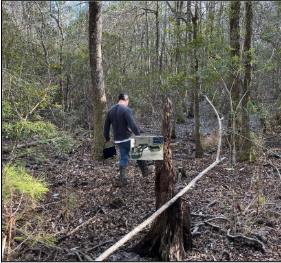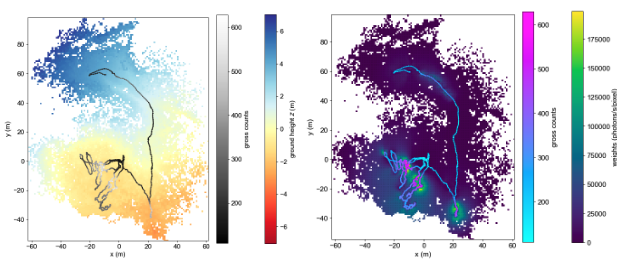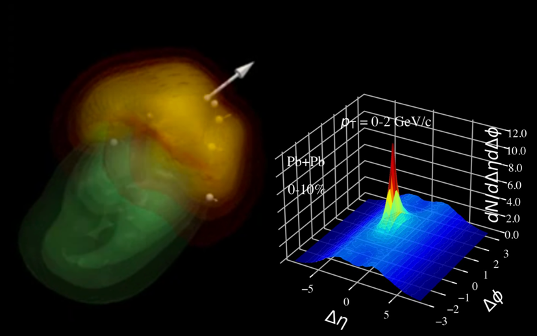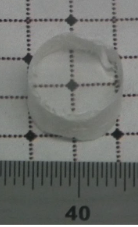
APS Ethics Committee
In 2019, the American Physical Society (APS) formed an Ethics Committee (EC), charged to provide guidance on how the APS can promote ethical behavior by members, and police unethical behavior, including scientific ethics (fabrication, falsification or plagiarism) and interpersonal misbehavior – sexual harassment or bullying, for example. EC member and NSD Senior Scientist Spencer Klein discussed EC activities at a recent NSD staff meeting and summarizes those activities here.
Under the guidance of the APS Board, the committee works in several areas. They review APS statements on ethics and propose new ones, as appropriate. They provide ethics education, through presentations and workshops at APS meetings, and articles in different publications, such as Physics Today.
The EC develops policies and procedures for the APS to handle reports of misconduct. There are two categories: incidents at APS meetings, and everything else. For incidents at APS meetings, the APS will immediately (i.e., during the meeting) investigate and react as appropriate, and can remove the perpetrator from the meeting if needed.
Other complaints are dealt with in a longer, more involved process, starting with an initial review by the APS Ombudsperson (an outside lawyer), review by the EC, and then by the APS Board. Appeals are also possible. The APS also asks nominators (and, later, nominees) if nominees for APS committees, offices, prizes or fellowships are known to have committed misconduct. Positive answers are followed up and action may be taken.
For non-meeting complaints, the APS will not investigate, but will react to complaints which include an investigatory report by other agencies, such as the employer or other agency. The non-investigation policy can be problematic, since investigatory reports are usually private, and not available to would-be complainants or the APS.
Although many people think that the APS should conduct investigations when needed, there are real challenges in doing so. It would require significant resources, and could open the door to lawsuits. Incidents reported to the APS will likely have previously been investigated by one or more groups. Witnesses (especially victims of sexual harassment) may not want to tell their story many times, and not everyone will trust or cooperate with a U. S.-based organization. There is also some risk that different investigations reach different conclusions.
But, with outside investigatory reports generally unavailable, without its own investigation, the APS may be unable to act, even against pervasive behavior. And that is clearly extremely awkward. The EC is continuing to grapple with this.
Recent DEI topics @ NSD Staff Meetings
January 10, 2023 – Update on the Mental Health Initiative and WD&E Deadlines
January 24, 2023 – Effective Teams
February 7, 2023 – APS Ethics Committee
February 21, 2023 – Outreach Opportunities
March 7, 2023 – K-12 Stem Programs
March 21, 2023 – Women’s History Month and Transgender Day of Visibility
April 4, 2023 – Inclusion and Equity in Science Publications
Luminary Cards

To recognize their efforts in the area(s) of Inclusion, Diversity, Equity, and Accountability, the following people received a Luminary Card:
Spencer Klein




